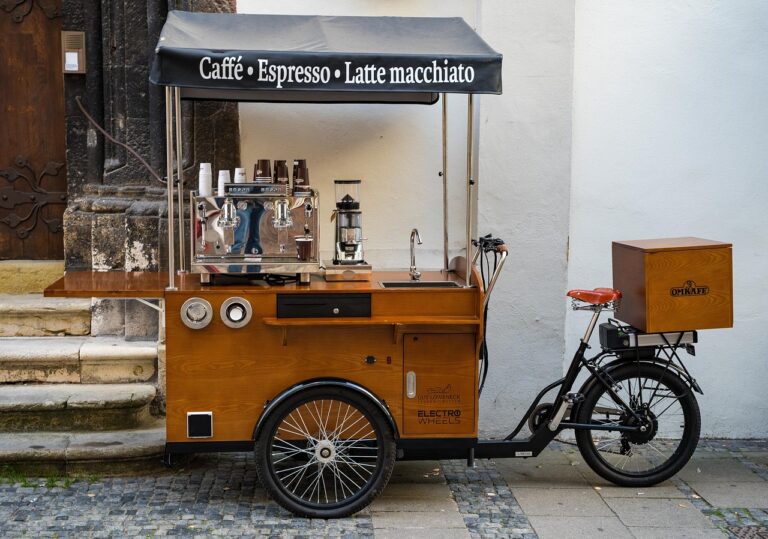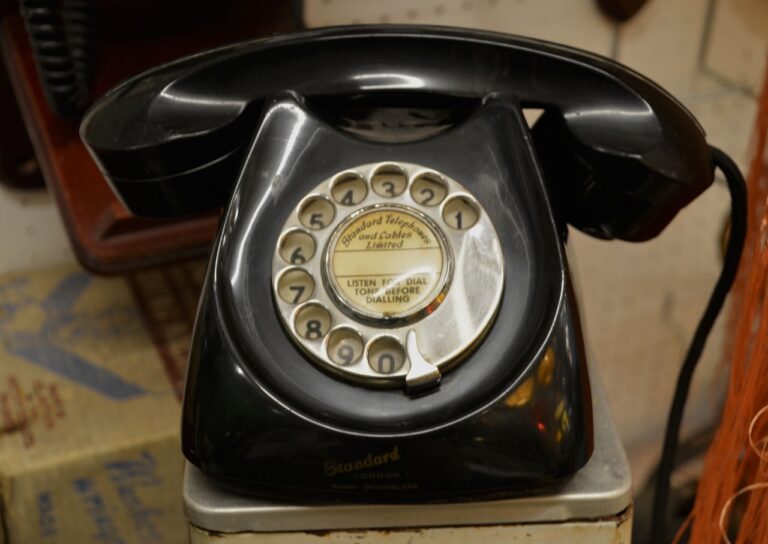Leveraging Social Media Listening for Event Insights: Allpaanel, Laser247.com login, Betbook247 login
allpaanel, laser247.com login, betbook247 login: In today’s digital age, social media has become a powerhouse for gathering valuable insights and data. For event planners, leveraging social media listening tools can provide a wealth of information that can be used to improve event planning strategies, increase attendee engagement, and boost overall success. By tapping into the conversations and trends happening on social media platforms, event planners can gain valuable insights into what attendees are looking for, what they are excited about, and how they are feeling about upcoming events.
Understanding the power of social media listening is crucial for event planners looking to stay ahead of the curve and deliver exceptional experiences for their attendees. Here are a few key ways that social media listening can be leveraged for event insights:
1. Real-time feedback: Social media listening tools can help event planners monitor conversations happening in real-time around their events. This feedback can be used to make quick adjustments to event plans, address any concerns or issues that attendees may have, and ensure that the event is meeting the expectations of its audience.
2. Identifying trends: By monitoring conversations on social media platforms, event planners can identify trends and topics that are resonating with their target audience. This information can be used to tailor event content, themes, and activities to better meet the interests of attendees.
3. Understanding attendee sentiment: Social media listening tools can help event planners gauge the sentiment of attendees towards their events. By analyzing social media conversations, event planners can get a sense of how attendees are feeling about the event, what they are excited about, and what concerns they may have. This insight can be invaluable for making adjustments to event plans and ensuring a positive attendee experience.
4. Competitor analysis: Social media listening can also be used to monitor conversations around competitor events. By understanding what attendees are saying about competing events, event planners can identify areas for improvement, gather inspiration for their own events, and stay ahead of the competition.
5. Influencer identification: Social media listening tools can help event planners identify influencers and thought leaders in their industry who are talking about their events. By engaging with these influencers, event planners can increase event visibility, reach new audiences, and build credibility for their events.
6. Measure event success: After the event, social media listening tools can be used to measure event success by analyzing social media conversations, sentiment, and engagement levels. This feedback can help event planners identify areas for improvement for future events and gauge overall attendee satisfaction.
By leveraging social media listening for event insights, event planners can gain a deeper understanding of their audience, make data-driven decisions, and ultimately deliver exceptional experiences for attendees. Don’t miss out on this valuable tool for improving event planning strategies and boosting event success.
FAQs:
Q: What social media platforms should event planners focus on for social media listening?
A: Event planners should focus on popular platforms like Twitter, Facebook, Instagram, and LinkedIn for social media listening, as these platforms are where attendees are most likely to be discussing events.
Q: How often should event planners be monitoring social media conversations for event insights?
A: Event planners should be monitoring social media conversations regularly in the lead-up to their event, during the event, and post-event to gather valuable insights and feedback.
Q: Are there any free social media listening tools available for event planners?
A: Yes, there are a number of free social media listening tools available, such as Google Alerts, Social Mention, and TweetDeck, that event planners can use to monitor social media conversations around their events.







